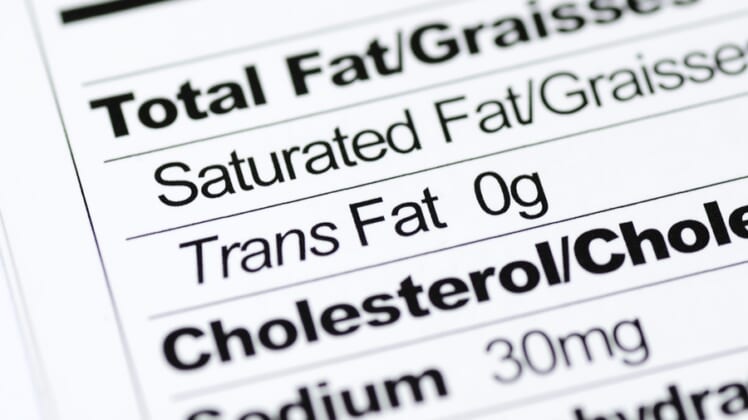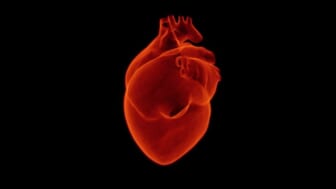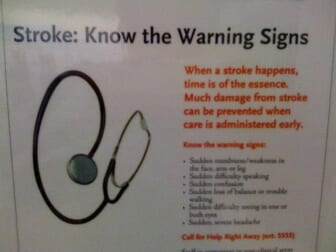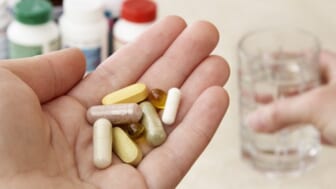
To eat a heart-healthy, well-balanced diet, you don’t need to shun all forms of fat. In fact, your body actually needs healthy fats to function properly. Healthy fats protect your organs, keep your body warm, support cell growth, and help your body absorb nutrients. However, if you’re consuming even a small amount of trans fats in your food, you run a high risk of harming your health.
New research confirms just how dangerous trans fats really are. Back in 2007, New York City realized the harm of using trans fats and started restricting their use in restaurants. Other New York counties followed the city’s example, banning the harmful ingredient as well.
After years of banning these trans fats, researchers analyzed the data on heart attacks in these cities and found an interesting correlation. The cities that banned trans fats had also decreased heart attacks and strokes by 6 percent.
Recently, the Food and Drug Administration also took action against using trans fats in food. It finally declared them unsafe for consumption. While many food companies have already lessened their use of the harmful fat, they will be forced to phase it out due to the FDA’s ruling.

Hypertension: The Silent Killer
Trans Fats Harms Your Health
In recent years, health professionals have been warning people not to eat trans fats. This harmful form of fat is the worst kind for your health, even worse than foods high in saturated fats like butter.
While trans fats do occur in some foods naturally, most are produced by chemically altering liquid unsaturated fats. By altering these fats, food companies create a product that will harden at room temperature and keep food from spoiling quickly.
Unfortunately, trans fats also harden inside your body too, clogging your arteries. The fats increase bad cholesterol while lowering the good cholesterol that takes excess cholesterol to the liver.
This toll that trans fats take on your cholesterol is an imminent recipe for a heart attack. Many doctors have understood the link between heart attacks and trans fats for years, but the FDA has finally taken action to eliminate them from food.

Stroke: Know the Signs, Save Lives
Avoid Foods High In Trans Fats
Over the next few years, the FDA and food companies will be working to eliminate trans fats in food. In the meantime, you should watch carefully for even small amounts.
According the American Heart Association, less than 1 percent of your total daily food intake should come from trans fats. You might as well trash any and all foods with the harmful ingredient since it doesn’t have any known nutritional value. To avoid these trans fats, you should opt for unprocessed foods like fruits and vegetables as much as possible.
If you do buy a packaged item, check the label carefully and read the ingredient list. In the past, food companies have not had to label trans fats in their products unless the amount totaled more than .5 grams per serving.
If you consume several products with this small amount, however, you can easily eat enough to cause an increased health risk. Look for partially hydrogenated vegetable oil in the ingredients and buy a different option if you see it listed.
Foods With Hidden Trans Fats
- Non-dairy creamer
- Packaged foods, including pizza crusts and frozen dinners
- Processed baked goods, such as store-bought cakes, cookies, baking mixes, and even frosting
- Shortening
- Some margarines
- Fried foods
- Restaurant burgers and other beef items
- Restaurant and pre-made breakfast sandwiches, especially biscuits
- Some coffee shop beverages
In general, opt for homemade foods and liquid fats like olive oil while incorporating plenty of fruits and vegetables into your diet. When you do buy packaged foods or eat out, do your research ahead of time and choose fresh foods over fried meals loaded with cheese and condiments.
Trans fats do pose a serious risk to your health, and you should take that risk seriously. The New York ban shows that eliminating trans fats will reduce your risk of heart disease and help to keep your arteries clear. Avoid these harmful fats in your diet, and you will reap the benefits for your health later on.

